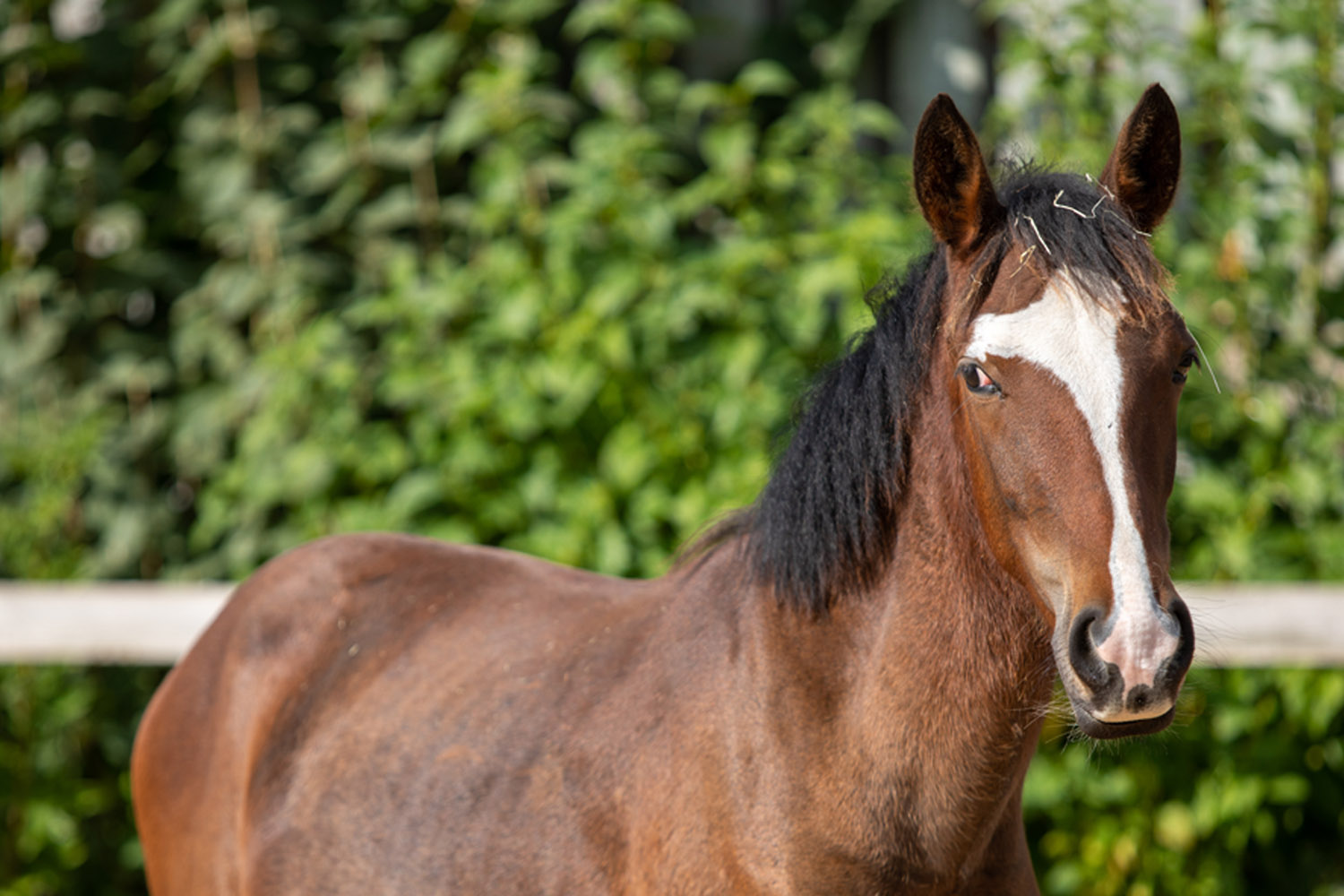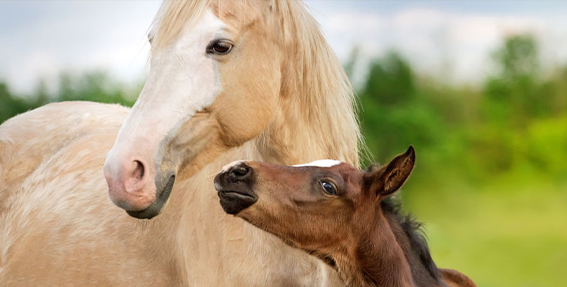Understanding the behavior of horses is key to effective communication and bonding. One such behavior that often puzzles many horse owners is squealing. In this article, we delve into the reasons behind this vocalization and what it signifies.
Interpreting Equine Vocalizations
Horses use a variety of sounds to communicate with each other and their human caretakers. A squeal is one such sound that is often misunderstood. It’s crucial to understand these vocalizations to ensure the well-being of your equine companion.
Decoding the Squeal
A squeal from a horse typically indicates a negative emotion such as fear, anger, or annoyance. It can also be a warning signal to other horses or a reaction to an unfamiliar or uncomfortable situation. For more in-depth information on equine behavior, you can refer to this comprehensive guide on equine behavior.
Responding to Your Horse’s Squeal
If your horse is frequently squealing, it’s important to identify and address the cause. This could be anything from discomfort due to ill-fitting tack, to social stress in a herd environment. Understanding and responding appropriately to your horse’s squeal can significantly improve your relationship with your equine partner.
As a horse owner, it’s crucial to ensure your horse’s overall health and well-being. To support hoof strength and maintain your partner’s health, consider adding specialized supplements to your horse’s diet.










